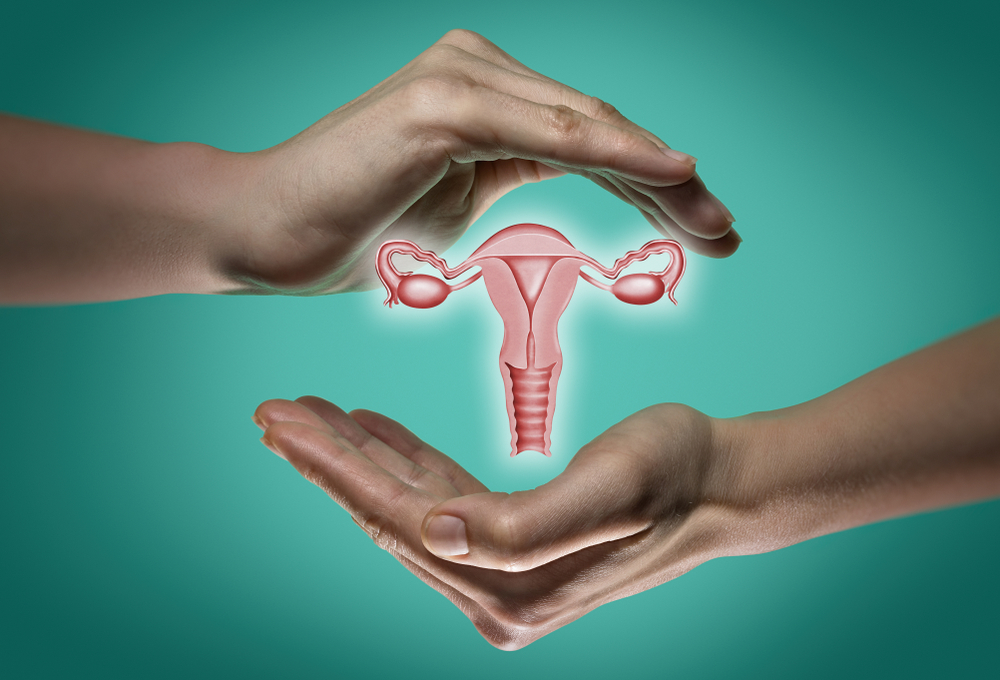Ovarian cysts are fluid-filled sacs that develop in, or on the surface of your ovaries. They are very common and do not usually lead to any more severe problems. In fact, they often go unnoticed. The following types of cysts are unlikely to affect your fertility:
- Functional Cysts
- Cystadenomas
- Dermoid Cysts
However, there are some types of ovarian cysts that can make it harder to conceive. Below we have listed some of the different types of ovarian cysts, starting with the two that are most likely to affect your fertility:
Cysts Caused by Polycystic Ovary Syndrome (PCOS)
PCOS is a hormone imbalance that causes lots of tiny ovarian cysts. In PCOS, the eggs that begin to develop during the ovulation cycle never mature enough to prompt ovulation, so they are never released from the ovary. The immature follicles, each containing an immature egg, then cause the ovary to become “polycystic”. This irregularity in ovulation often leads to complications with fertility.
Endometriosis
Endometriosis is a condition in which uterine tissue grows outside the uterus, which may develop cysts called endometriomas. These cysts can obstruct the ovaries, fallopian tubes, or uterus and cause infertility. In fact, for women with endometriosis, the likelihood of a successful pregnancy reduces by 10-30%.
Can Ovarian Cysts Be Treated?
Very precise surgery can be carried out to remove larger cysts, in which the surgeon must be careful not to remove or scar any healthy ovarian tissue. The smaller, less harmful cysts often go away on their own or with medication, which can be monitored with frequent ultrasound scans.
If you have been diagnosed with an ovarian cyst and you are worried about your ability to have a baby, we would advise you to contact us and book a consultation. Our doctors will be able to discuss an appropriate treatment with you to help improve your chances of conceiving a child.

